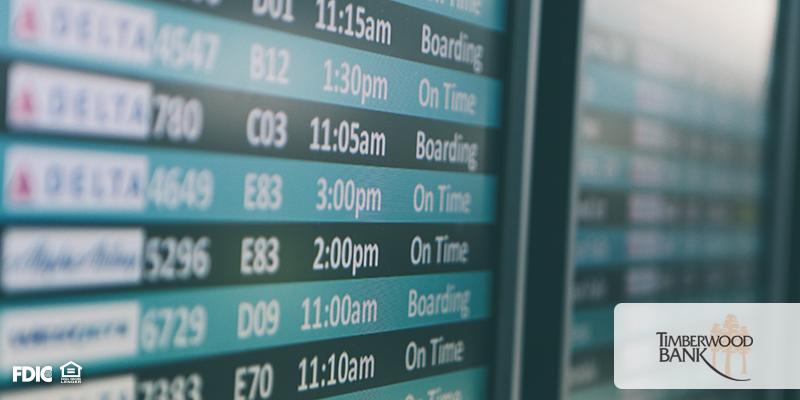
At Timberwood Bank, we understand that adding to your family may not only be an emotional decision but a financial one as well. With the growing costs of childcare alone, it’s important to have a well-rounded plan for covering the expenses of your expanding household. In order to plan most effectively, we recommend structuring your budgeting into these three stages:
Beginning or Before Pregnancy: Examine your current health insurance to determine an estimate of cost for both prenatal care and delivery expenses. While many insurers offer prenatal care at no or little additional cost, the price for delivery can be complex. Study your monthly premium, annual deductible, and out-of-pocket limits for the calendar year to help establish these cost before the baby is delivered.
After Birth: Once the baby is born, there will be traditional costs such as health care, food, diapers, clothing, and more. However, many new parents also spend more on take-out meals to help lessen their time cooking. These expenses, along with a decrease in income for parents on maternity leave, can cause many parents to slide into debt. To help alleviate the burden of these growing figures, we recommend creating a monthly budget to designate every dollar to a purpose. By allocating a specific dollar amount to each area of your spending, you can ensure that all of your costs are covered while also planning for the future.
During the First Year: As your child continues to grow, the costs for new clothes and equipment will continue to grow with them. Many expectant parents can spend upwards of $16,000 during the first year of their child’s life, and variables such as location, number of children, and other factors can contribute to the overall costs as well. When possible we recommend saving for each step in your child’s growth. From birth to three month’s they’ll need many one-time purchases, but during the later stages, you may have adequate time to save for each time period’s necessities.
Continue to grow your finances as you grow your family using Timberwood Bank’s trusted deposit services. We’ll help you organize your funds, and make the most of your savings.




